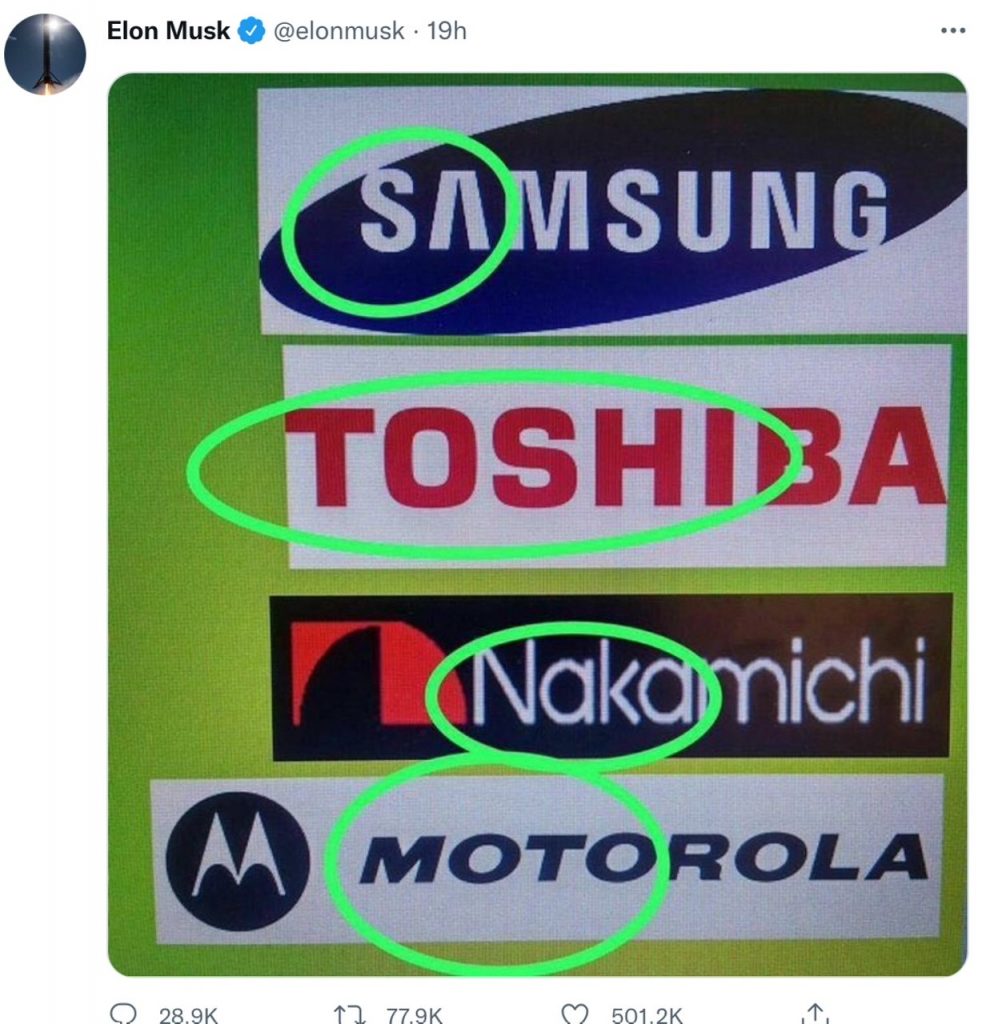- College Football’s New MVP: the NIL Contract Exclusivity Clause
- Did Elon Musk Let the Twitter Brand Fly Away?
- The Supreme Court Case that Could Raise Your Internet Bill or Let Piracy Run Amok
- The First Settlement in a GenAI Training Case Has Implications for Content Creators and Business Users
- Act Before the Breakup: Use a Contract to Keep Your Brand Whole
Latest Blog Posts
Dealing with Blockchain Domain Names – It’s the 1990s Again

Mark Twain supposedly once quipped, “History doesn’t repeat itself, but it often rhymes.” With the new blockchain domain names, businesses get to revisit the birth of the cybersquatting hassle of the 1990s, but it’s different this time.
These are domain names such as .crypto, .eth (which stands for Ethereum, a blockchain), .nft, and .bitcoin. They are not traditional domain names.
The primary current use for a blockchain domain name is to link to a specific crypto wallet on a blockchain, where someone might store cryptocurrency or an NFT. NFTs usually record ownership and transfer history of digital art, but they could record an array of assets or credentials.
Using a blockchain domain name makes it easier to transfer cryptocurrency from one person to another. Instead of sending cryptocurrency to someone’s crypto wallet by entering or pasting a long alphanumeric string, which is the blockchain wallet address, you could send it to a human-readable blockchain domain name matched up to the wallet address, such as JohnFarmer.bitcoin.
Doing so might avoid a mistake in copying or entering the alphanumeric address. That’s critical because, if you send cryptocurrency to the wrong address and the transaction goes through, there is no way to get it back unless the recipient agrees to return it.
Such domain names also might be used for a future decentralized form of the web (“Web 3.0”), where websites would exist in a peer-to-peer network. The advantage of such a network is it could not be easily taken down or censored by a central authority, such as a government.
Blockchain domain names are not part of the Domain Name System. You can’t host a website at such a domain name that is viewable by people using ordinary web browsers such as Chrome or Safari unless the websurfer downloads a special browser extension, which most people won’t do.
Cybersquatting is occurring with blockchain domain names. Cybersquatting is where someone registers or uses a domain name that matches a company’s trademark or the name of a famous person for a malicious purpose, such as masquerading as a company to commit fraud. This problem arose in the 1990s when the first domain names (.com, .net, and .org) became available for public registration.
Cybersquatters have registered blockchain domain names of famous companies and people and are offering them for resale in NFT marketplaces, often for $100,000 or more, which is paid in cryptocurrency. An apparent cybersquatter once nabbed mcdonalds.eth and google.eth.
Unfortunately, once a cybersquatter registers a blockchain domain name, there is practically nothing you can do about it. With regular domain names, there are administrative and arbitration procedures for attempting to unmask the cybersquatter and recover the domain name. There are no such remedies available for blockchain domain names.
Currently, the only practical way a company can attempt to prevent cybersquatting in specific blockchain domain names is for the company itself to register those blockchain domain names. That’s called defensive registration. Businesses hate the expense of defensive registration. Some estimate 90% of registered regular domain names are not used for websites or email. Many were defensively registered by companies because the domain names are close variations of their trademarks.
The problem with trying defensive registration is there are an almost infinite number of variations of any term or phrase you might put in a domain name. For example, if your trademark is “Excalibur” and you register the blockchain domain name Excalibur.crypto, that would not stop someone else from registering variations such as TheExcalibur.crypto, Excaliburs.crypto, or Excaliber.bitcoin.
Why should you care about this?
If you or your company deal with cryptocurrency, a bad actor could register a blockchain domain name similar to your name and then try to fool people into sending cryptocurrency to it rather than you.
Also, bad actors could use cybersquatted blockchain domain names to engage in malevolent Internet conduct and give you a bad reputation.
In addition, there is an ongoing land rush for attractive blockchain domain names. While you may not care now, you might want a memorable blockchain domain name when the adoption of blockchain technology expands.
What Should You Do?
Aside from defensive registration, be on the lookout for signs someone else registered or is using a blockchain domain name similar to your company’s business, product, and service names. If the problematic blockchain domain name is being offered for sale by a cybersquatter in one of the major NFT marketplaces, such as OpenSea, Rarible, or Nifty Gateway, those marketplaces have takedown procedures to address trademark infringement. That won’t recover the blockchain domain name, but it would keep the bad guy from selling it in that specific marketplace.
For some businesses, the new blockchain domain names present an opportunity, but, for most, it’s just another hassle that may require spending money to defend against.
Written on April 20, 2022
by John B. Farmer
© 2022 Leading-Edge Law Group, PLC. All rights reserved.


